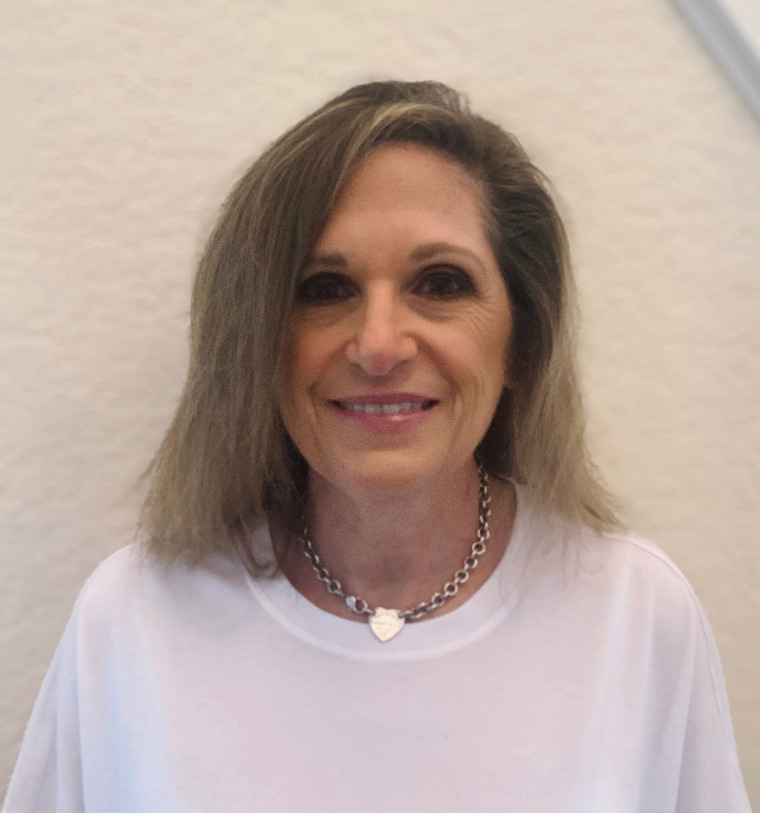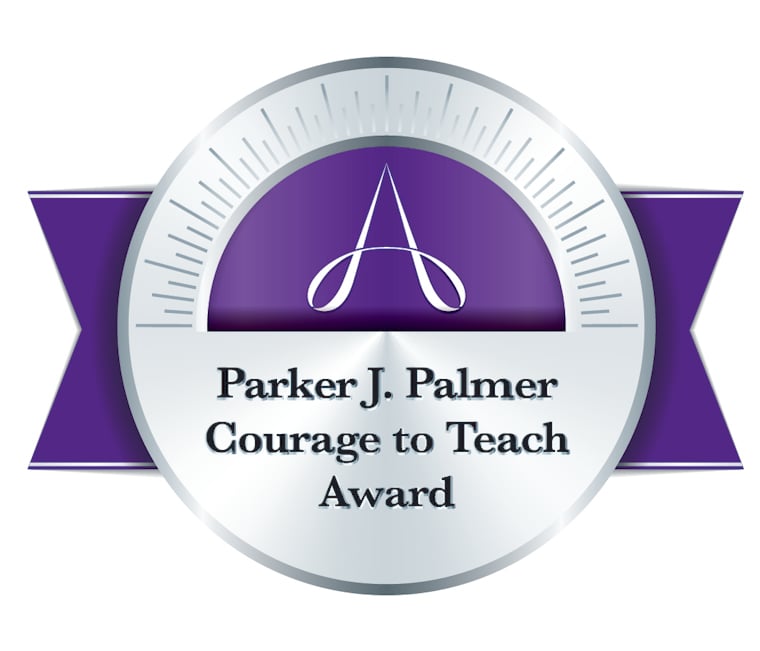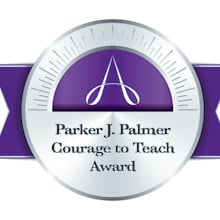This interview is one in a series of interviews with recipients of the 2021 ACGME Awards. The awardees join an outstanding group of previous honorees whose work and contributions to graduate medical education (GME) represent the best in the field. They were honored at the ACGME Annual Educational Conference, which took place virtually February 24-26, 2021.
2021 Parker J. Palmer Courage to Teach Awardee Joanne Valeriano-Marcet, MD is the rheumatology program director at University of South Florida Morsani College of Medicine.
ACGME: How did you become involved in medicine, and in academic medicine specifically?
Valeriano-Marcet: My passion for medicine was apparent very early in childhood when I would nurture injured wild animals and dissect fish that I would catch in order to identify the various organs with my encyclopedia. My initial path was to pursue veterinary medicine, and a college research mentor encouraged me to pursue the path of a physician. I am grateful for his advice as my professional choice has been very fulfilling.
Throughout my medical training I have had several important role models, and I recall telling my medical school pathology professor that I could see myself in a similar role of teacher and physician. Along the way I have had other mentors to thank for cultivating my passion to pursue academic medicine including Dr. Harry Spiera, Leslie Kerr, and other key figures throughout my residency and fellowship training. Their own passion for medicine and specifically medical education was evident with every clinical encounter, their hours of dedication to patient care, clinical, and research education. Whether we were discussing a complex or straightforward case their excitement was inspiring. Upon moving to Tampa, I continued to pursue an academic position at the University of South Florida, and two years later (1993) I was given the opportunity of my lifetime when Dr. Frank Vasey called to tell me that a position opened.
I am grateful to have been afforded this coveted position as I continue to maintain my passion for medicine and teaching in my current role as professor of medicine and program director of the rheumatology fellowship program at the University of South Florida Morsani College of Medicine.
ACGME: What does this award mean to you?
Valeriano-Marcet: It is a great honor to have been selected to receive this award as I know that I am amongst the many outstanding program directors who are equally dedicated and deserving. In the words of the sponsors of the award, “ the word courage comes from a root that means heart… Good teaching requires courage—the courage to explore one’s ignorance as well as insight, to yield control in order to empower the group, to evoke other people’s lives as well as reveal one’s own.” My passion for teaching medicine is fueled by the many outstanding mentors, students, and patients that have helped to shape my journey. I can sum up with these simple words etched on a plaque given to me by a former student: “To teach is to touch eternity.”
ACGME: What do you feel is the most important job the program director has?
Valeriano-Marcet: The most important part of the job is closely intertwined with the most challenging part as outlined below. As program director the absolute prerequisite is the passion to create a learning environment where all thrive and this involves many factors some of which are in your control whereas others might not be. It starts with transparency, communication, and identifying your stakeholders, and resources or opportunities. You need to have a commitment to continual program improvement, the flexibility, and resilience to adapt to change, and the grit to bounce back when challenges arise.
ACGME: What is the most rewarding part of your job?
Valeriano-Marcet: There are many rewarding aspects of my job as program director. My father was an educator and from an early age I was impressed that his high school-age students looked up to him, and that intrigued me. I later came to realize that for many of those students he was a role model and inspiration. I have spent 30+ years in my profession with patients, mentors, and other health care professionals to thank for the knowledge, and professional development they have afforded me. Continuing to strive to be that role model, and inspiration for those students of medicine whom I have the privilege to teach and mentor is most rewarding.
ACGME: What is the most challenging?
Valeriano-Marcet: The most challenging aspect of being a program director is reconciling the varying expectations and competing demands of the stakeholders (from the learners to the sponsors, faculty members, patients, and other team members) while maintaining a focus and course that continues to strive to achieve our program aims which include:
- Graduate learners with the knowledge, skills, and attitudes to provide the highest quality of care for their patients and to maintain their professional satisfaction
- Recruit and maintain a diverse workforce in which all members feel valued and respected
- Develop a clinical learning environment that monitors and supports the well-being of fellows, faculty members, residents, and other members of the health care team
- Promote participation in quality improvement and patient safety activities to achieve safe and high-quality patient care
- Develop a culture that promotes the participation in and dissemination of scholarly activity
- Promote a learning environment that identifies and addresses health care disparities
ACGME: What advice do you have to residents or fellows who may be interested in pursuing a career in academic medicine?
Valeriano-Marcet: If you have the passion to pursue a career in academic medicine be persistent if the opportunity does not immediately arise. There are specific aspects of academic medicine whether it be research or teaching, which allow us to continue to light up that passion which originally led us to pursue the path of a physician. We have the privilege to care for our patients while also pursuing areas of research, and/or teaching which help to shape the future of medicine.




